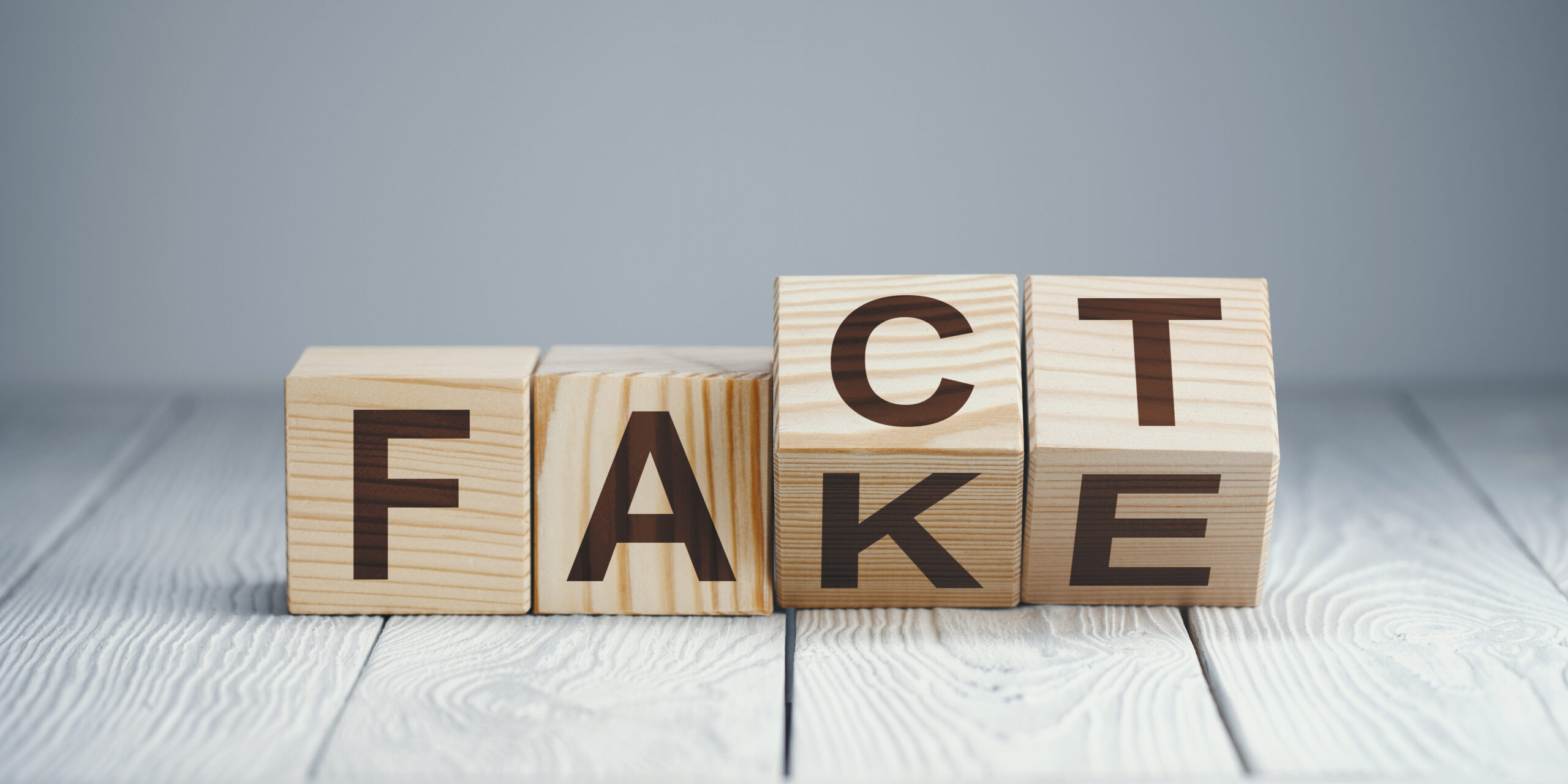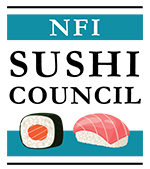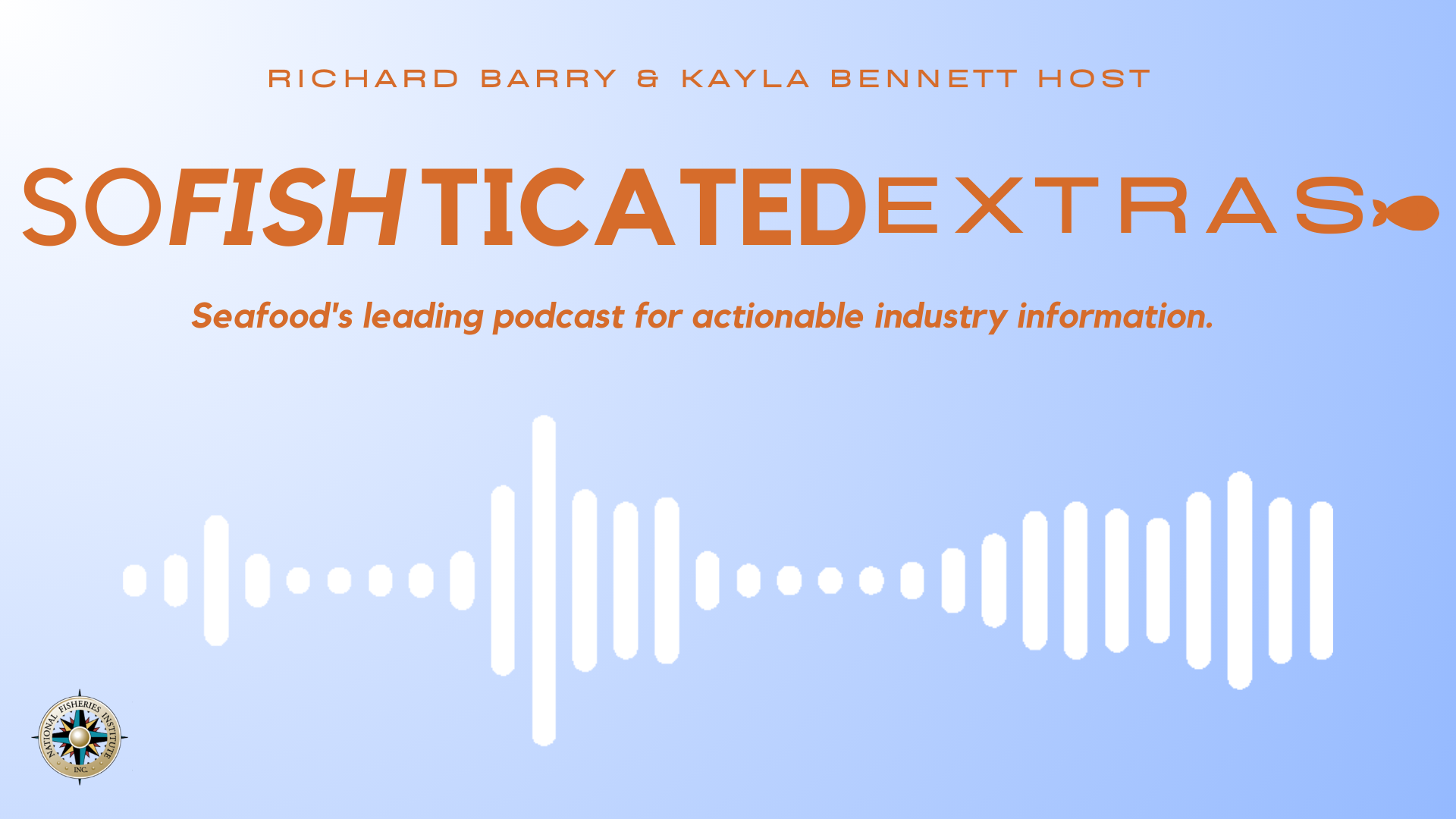Repackaged, Warmed-Over PR Ploys From Greenpeace: Different Hashtag, Same Scam
How many times can Greenpeace recycle the same old publicity stunts before they finally exhaust the gullibility of the news media? That seems to be the wager behind the global fundraising organization’s announcement of its latest manufactured attack on the seafood industry.
In a press release Greenpeace executive John Hocevar—who lacks real-world expertise in fisheries management specifically and commercial enterprise generally—lists off imagined crimes against sustainability committed by the tuna industry and ominously warns “there is no future” for providing tuna to consumers. He threatens “a global pressure campaign” unless “the entire tuna industry” switches to fishing practices that he prefers.
But even basic examination shows this is another PR ploy, making irresponsible demands, driven by ulterior financial motives. Just three years ago, Greenpeace “launched” a virtually identical campaign—that time with the title and hashtag “Think Outside the Can.” Despite threats of “nationwide flash mobs,” only a handful of naïve activists took part in activities that were distinctly less than flashy, and the campaign quickly fizzled.
Now they are calling it “Not Just Tuna” and pretending that it’s some sort of brand new endeavor. But it’s the exact same publicity effort, with identical tactics. Ghostwritten emails sent to tuna companies in an underhanded technique known as astro-turfing? Check. Apocalyptic visions of the end of sea life as we know it? Same as before. Threats of mass protests that in reality turn out to be just a handful of Greenpeace employees? You can bet on it.
Last time around they even tampered with the labels on store-shelf canned tuna, a federal offense it’s worth noting.
These are simply not the actions of an organization that deserves to be taken seriously, even if, sadly, a few journalists are fooled by the charade.
But here are some questions that do warrant serious attention. If reporters like Amy Sawitta Lefevre and Khettiya Jittapong at Reuters and others are going to cover talking-parrot press releases from Greenpeace, then when are they going to apply some basic journalistic skepticism to what’s being squawked at them?
Greenpeace insists, for example, that all tuna must be caught one at a time, a method known as pole-and-line. But how could that possibly meet global demand without vastly increasing both the carbon output and cost incurred by a fleet of that kind? Have they done any research to find out? Apparently, no reporters have bothered to ask. Has Greenpeace ever done an environmental impact study of increasing the use of its preferred method? Has Greenpeace ever done an economic impact study to determine just how steeply consumer prices would spike under its preferred method? What would that mean for families on a budget who rely on affordable, nutritious canned tuna? Reporters who are giving Greenpeace free publicity don’t seem interested or even curious.
Yet those are the kinds of issues and public policy solutions that are carefully researched and deliberated every day at reasonable, responsible groups like the International Seafood Sustainability Foundation; the preeminent global body of scientists, NGOs, and leading seafood companies. But Greenpeace has contempt for that challenging and critical work. For more than five years now, they have refused a standing offer for a place at the ISSF table, where the real dialogue is happening on seafood policies and practices that keep the world’s fisheries safe and healthy. Instead they wander the ocean on a $32 million luxury yacht, replete with on-deck hot tub and helicopter, costing their donors more than $700,000 per day in overall operating costs. It’s a pleasure cruise so brazen that the crew boasts online about underwater dance parties and helicopter joyrides. Just take a look.
The truth is that Greenpeace’s financial burn rate requires them to gin up attention so they can justify renewed donations from gullible donors. It’s sad that some people fall prey to that kind of shell game — but news reporters ought to know better, and they owe the public a complete and balanced story.
It’s long past time for responsible journalists to start applying some scrutiny and skepticism to Greenpeace’s ludicrous fisheries management ideas. That’s why we will remind news organizations that Greenpeace has been evading legitimate questions for years about its methods and motives — and urging investigative coverage and accountability.
They’ve got a lot to answer for, but in the meantime there is some good news. The failures of the last several rehashes of Greenpeace’s attacks are a strong indication that the broader public caught onto their con long ago.



